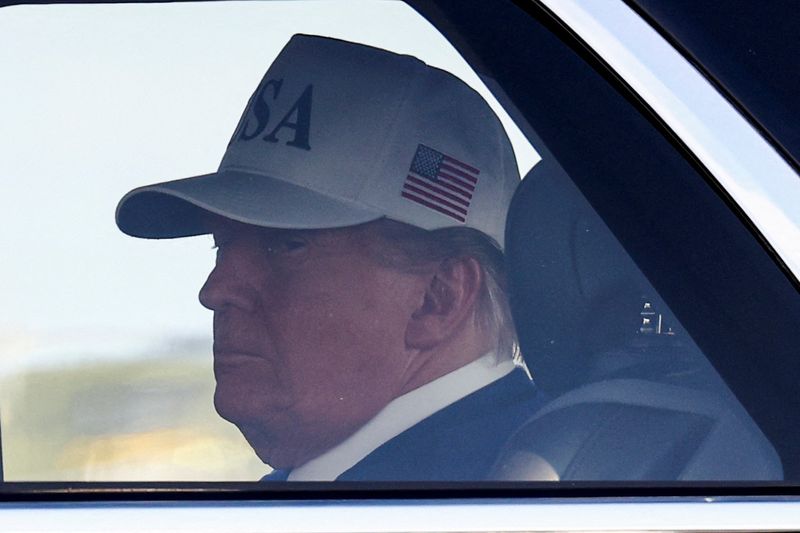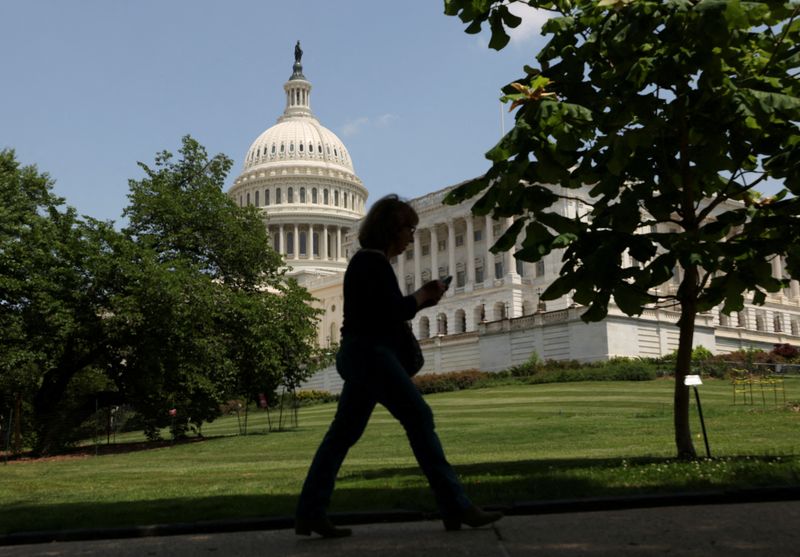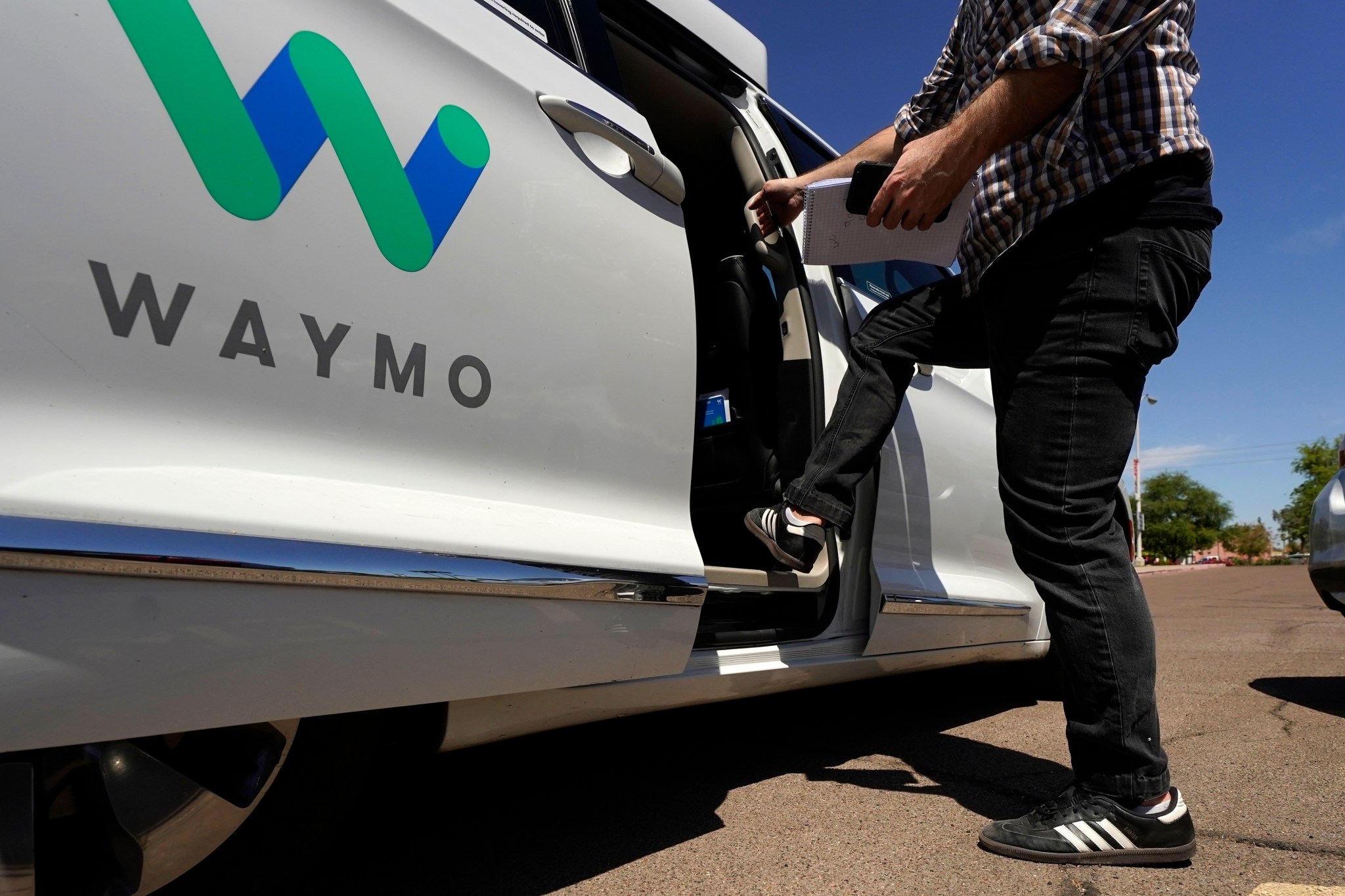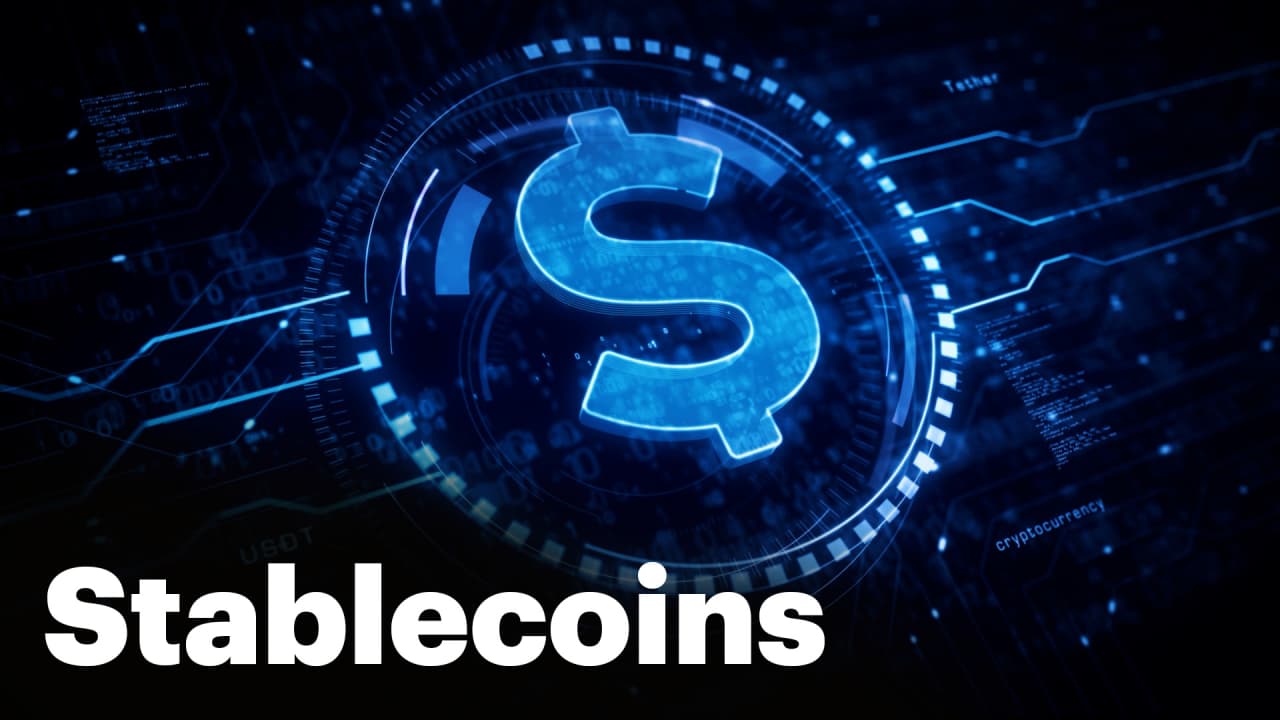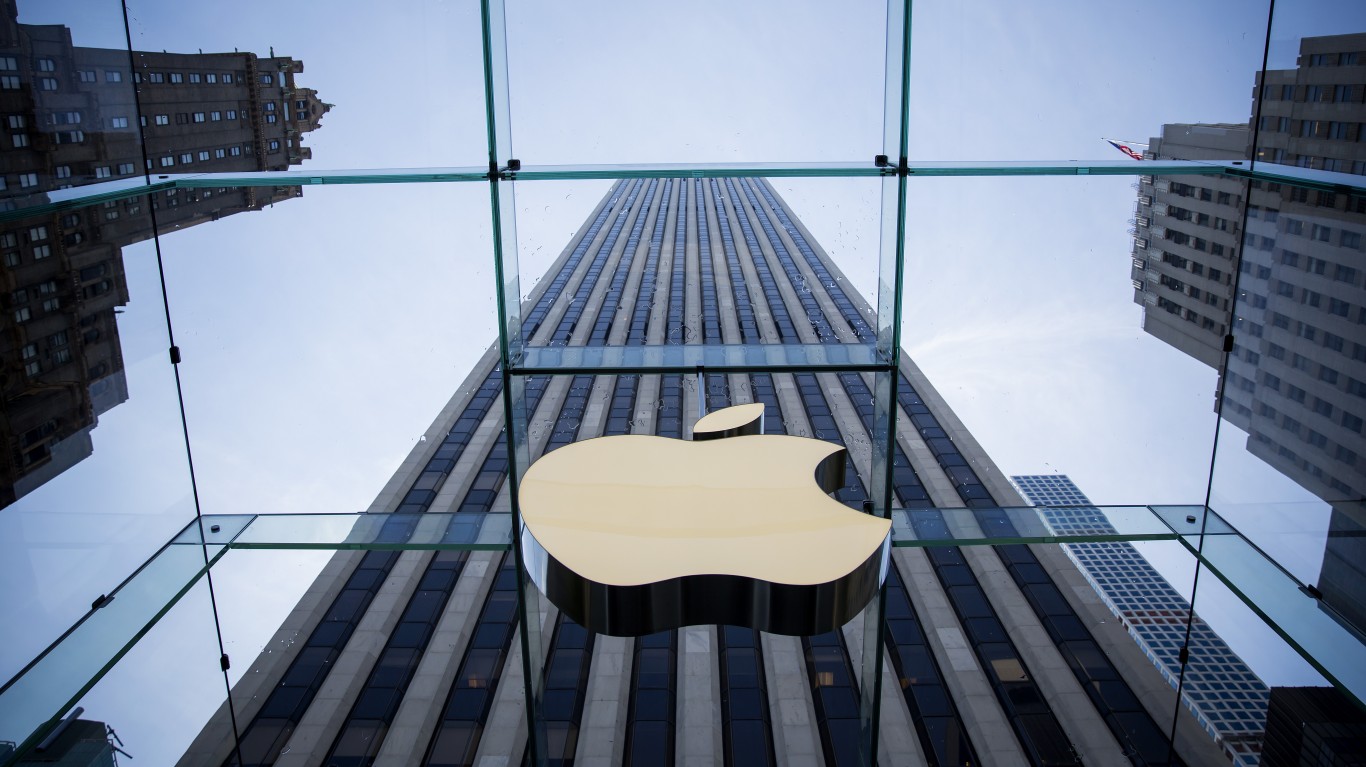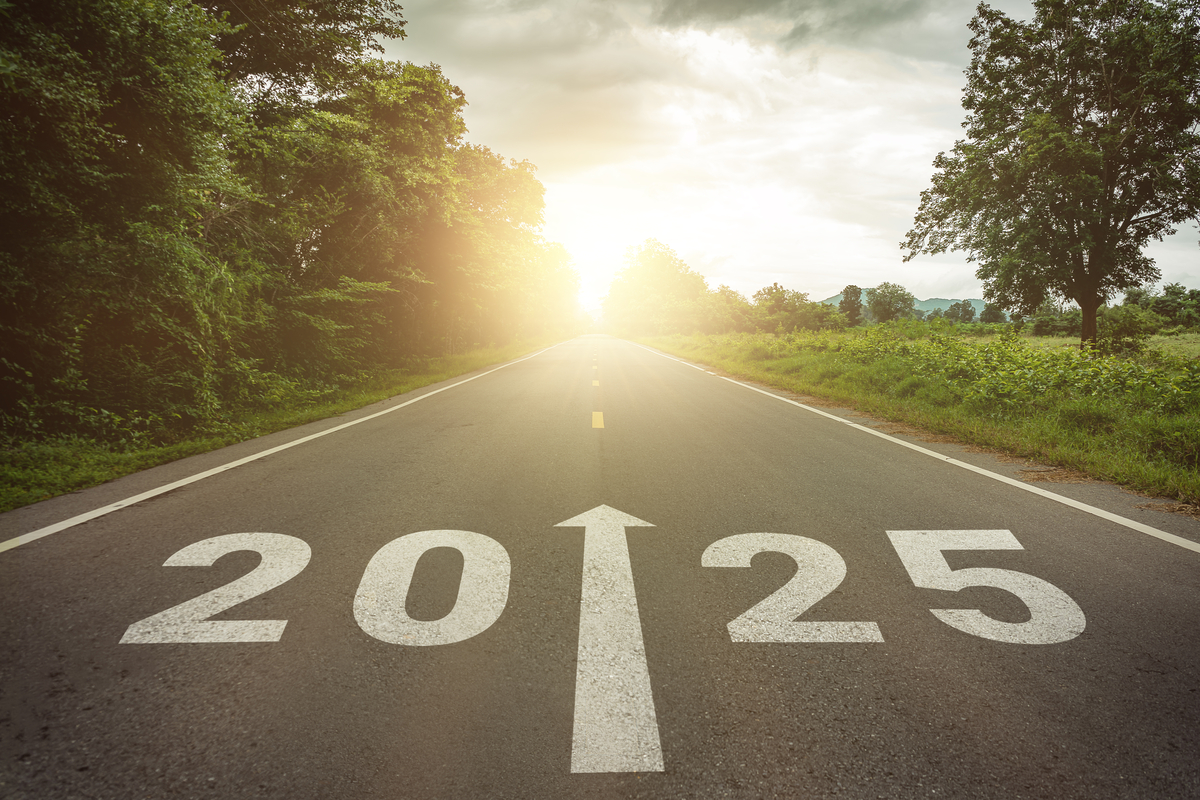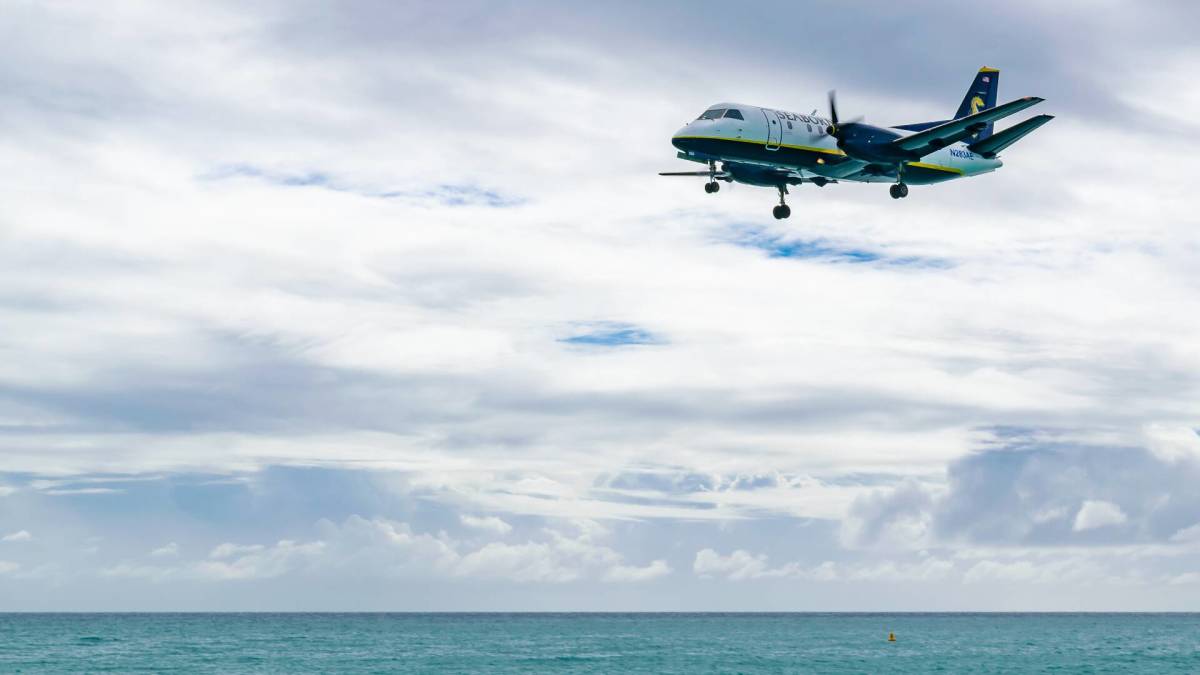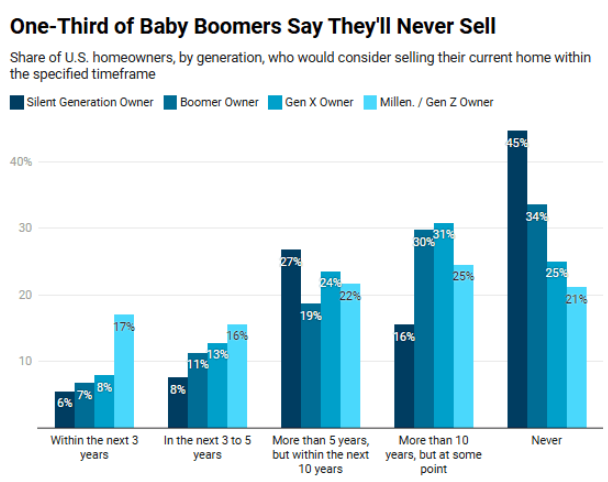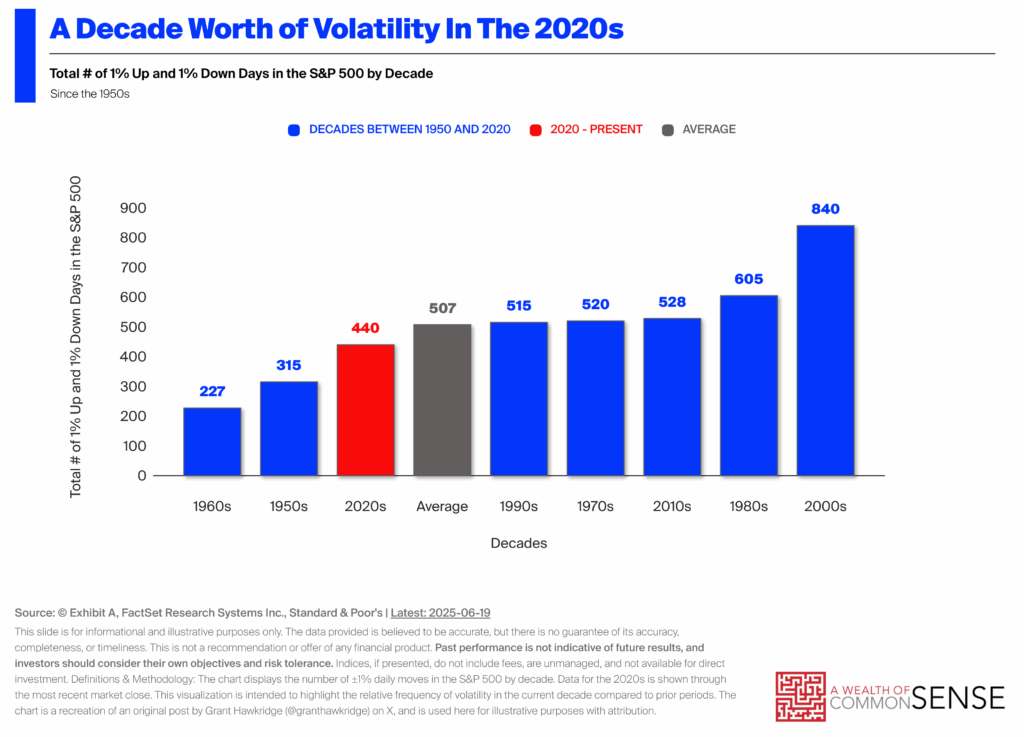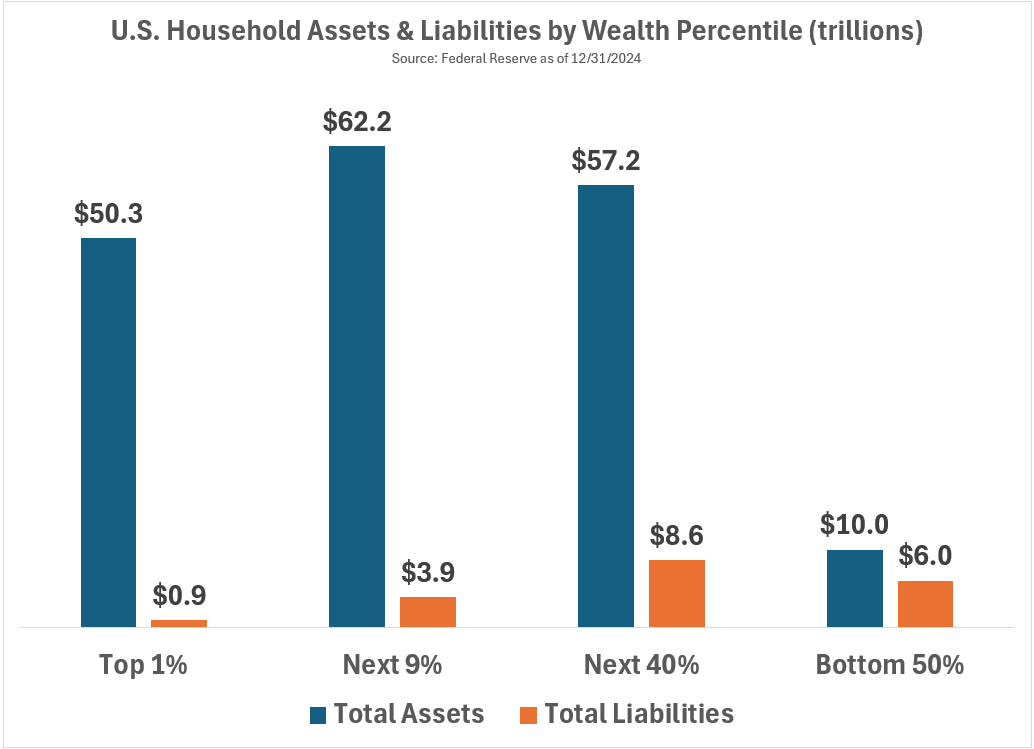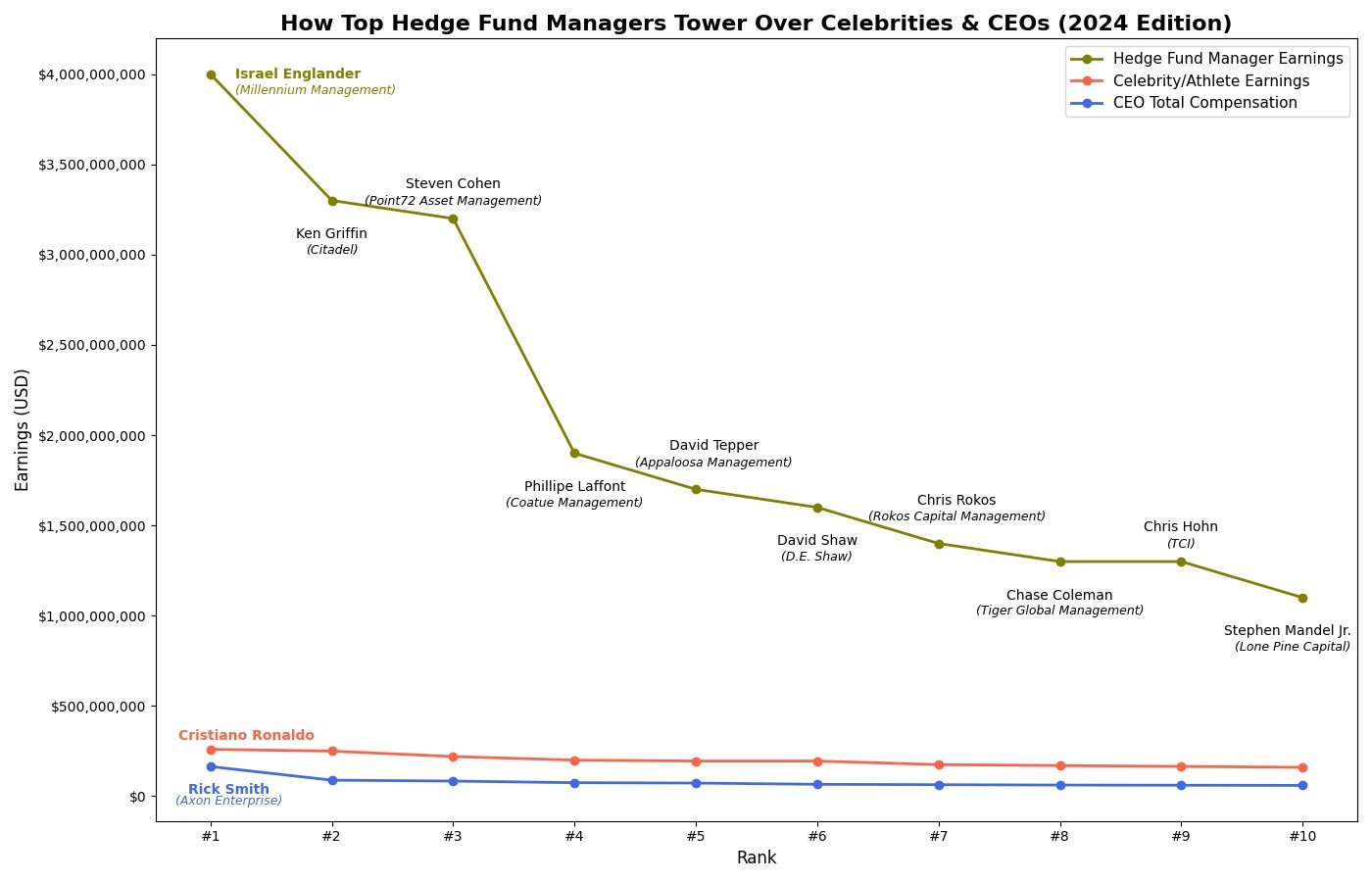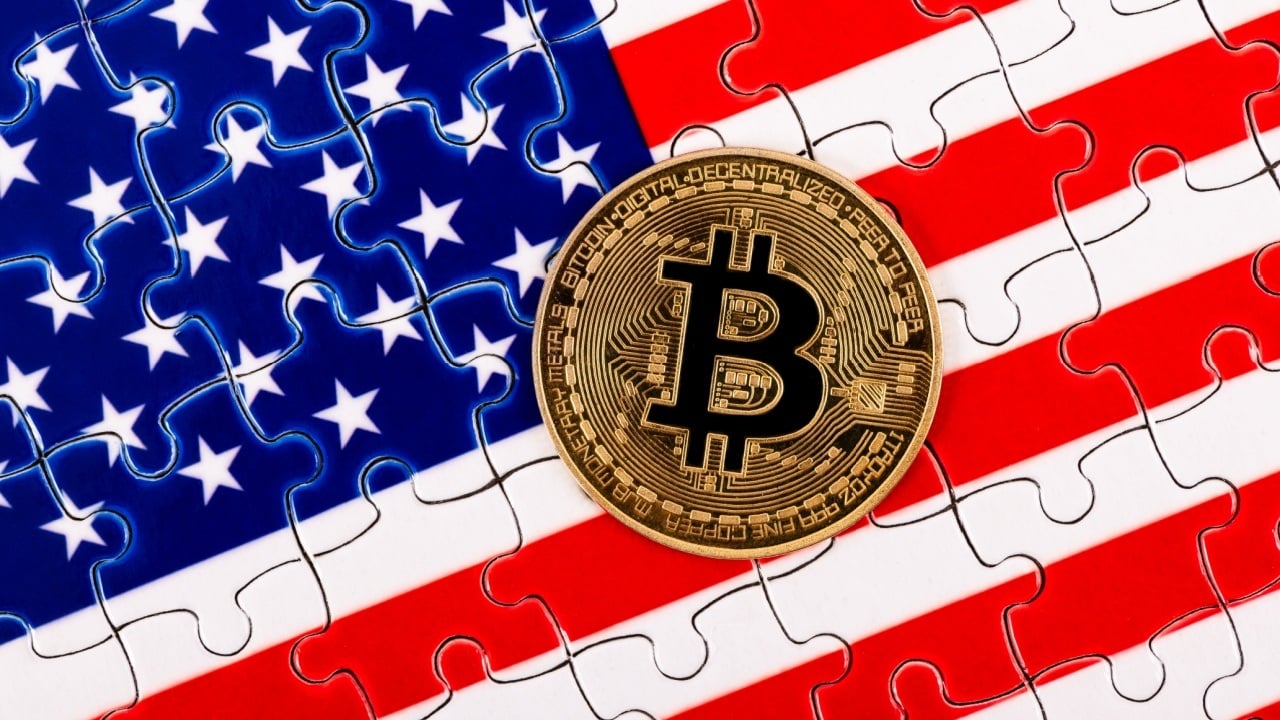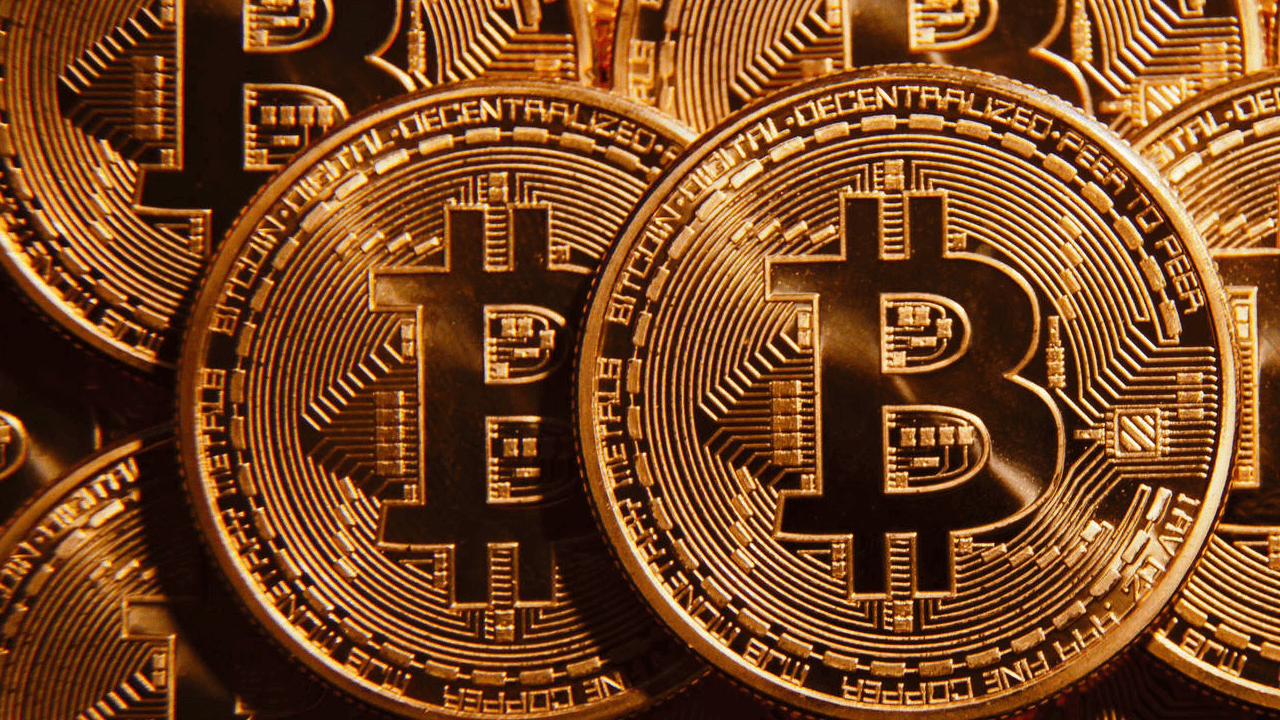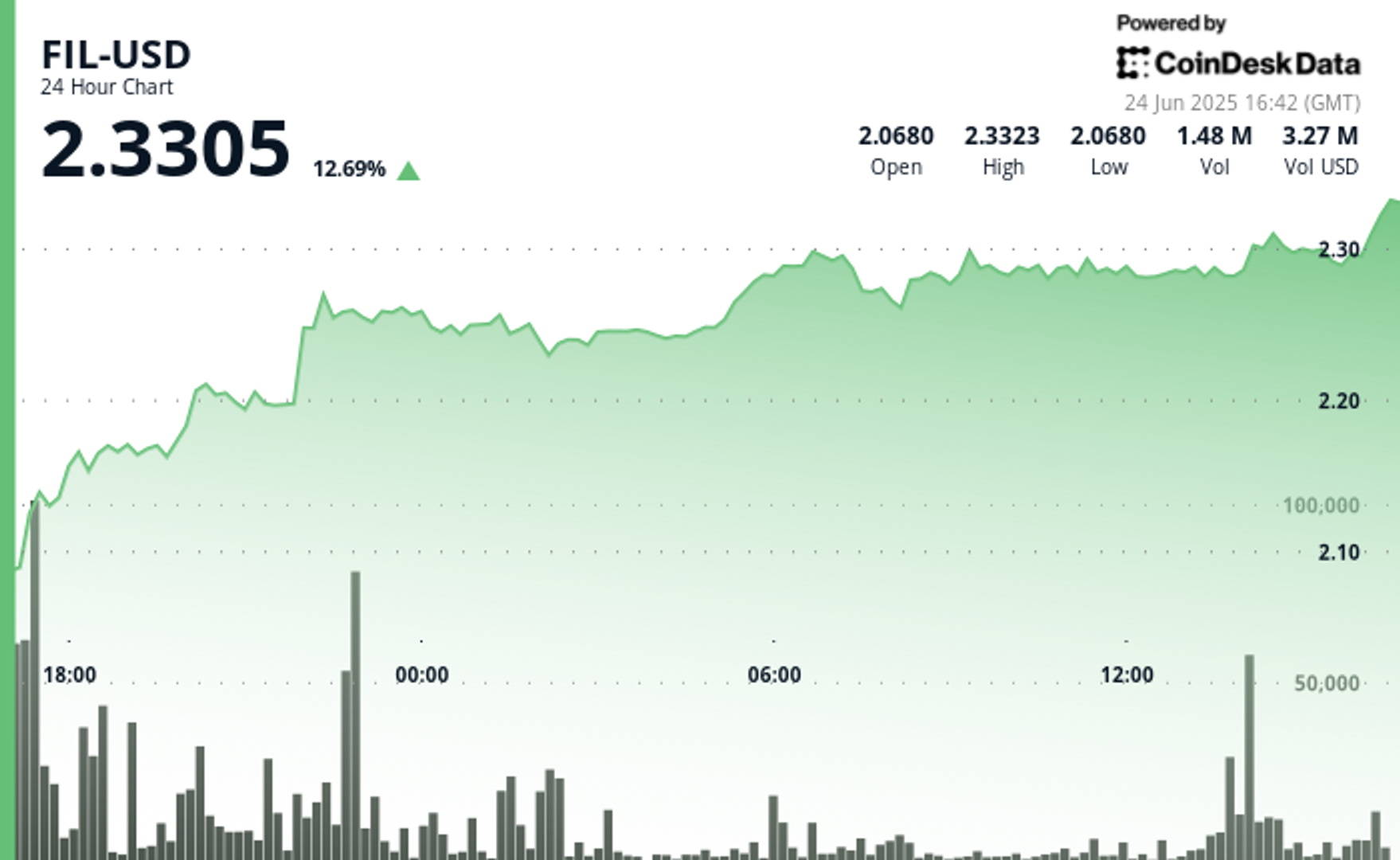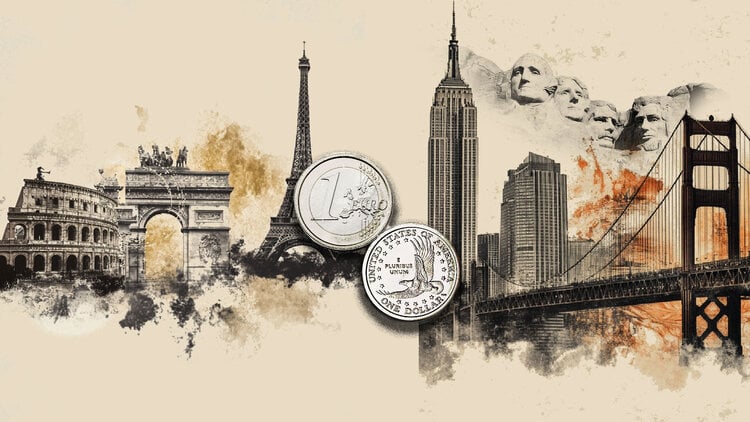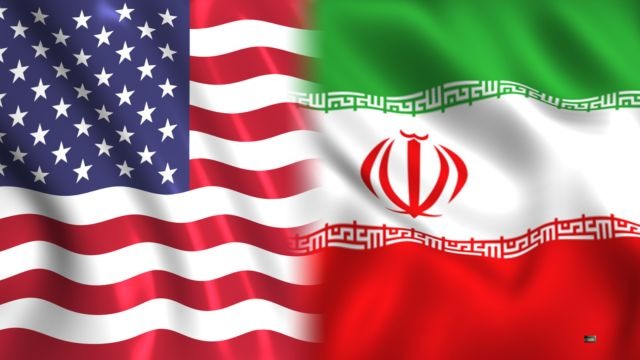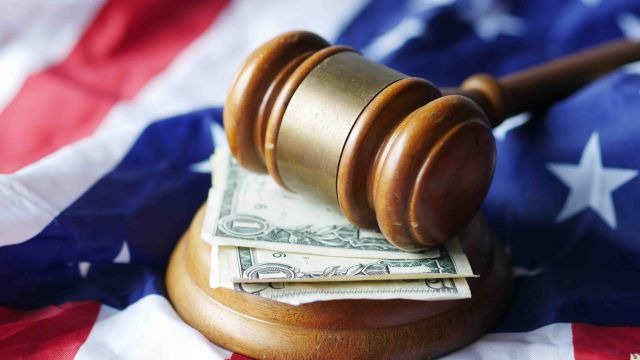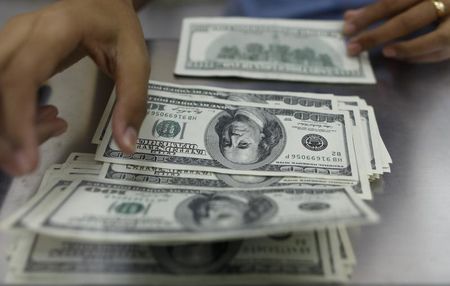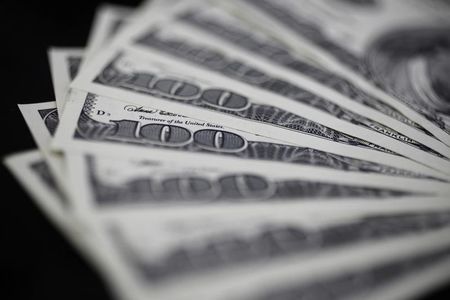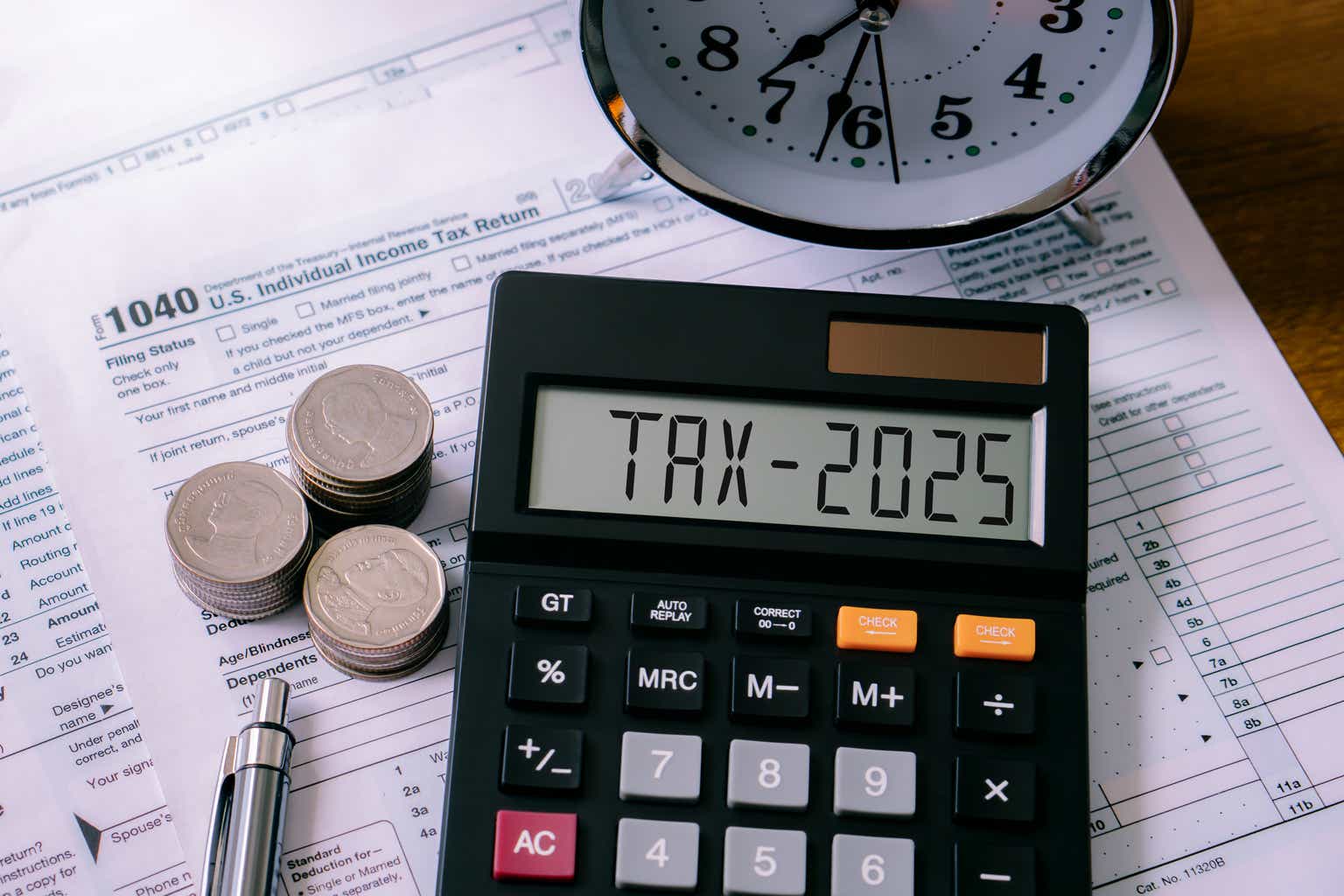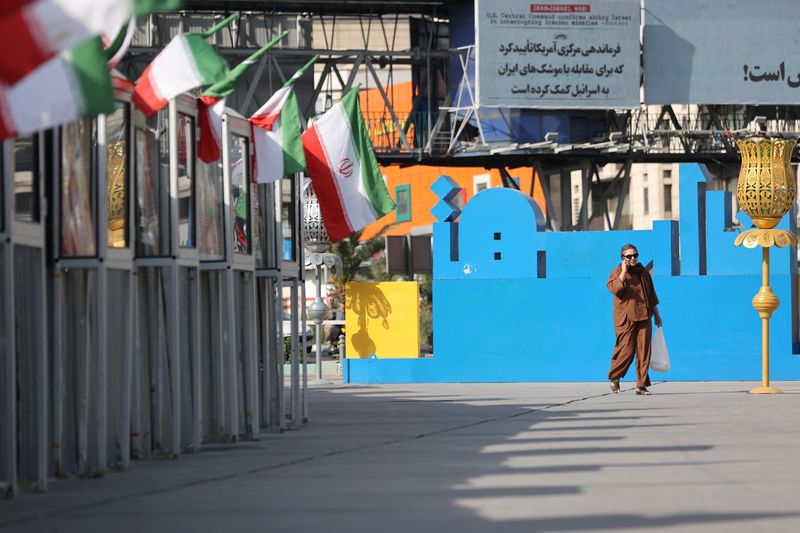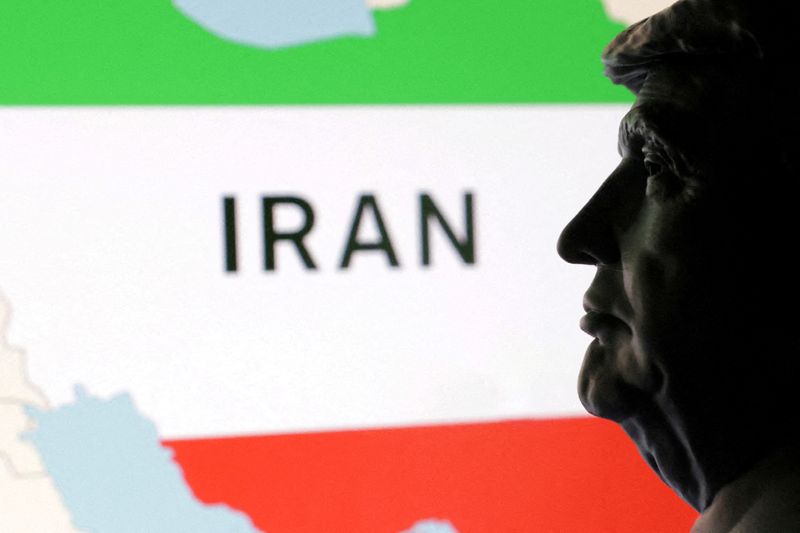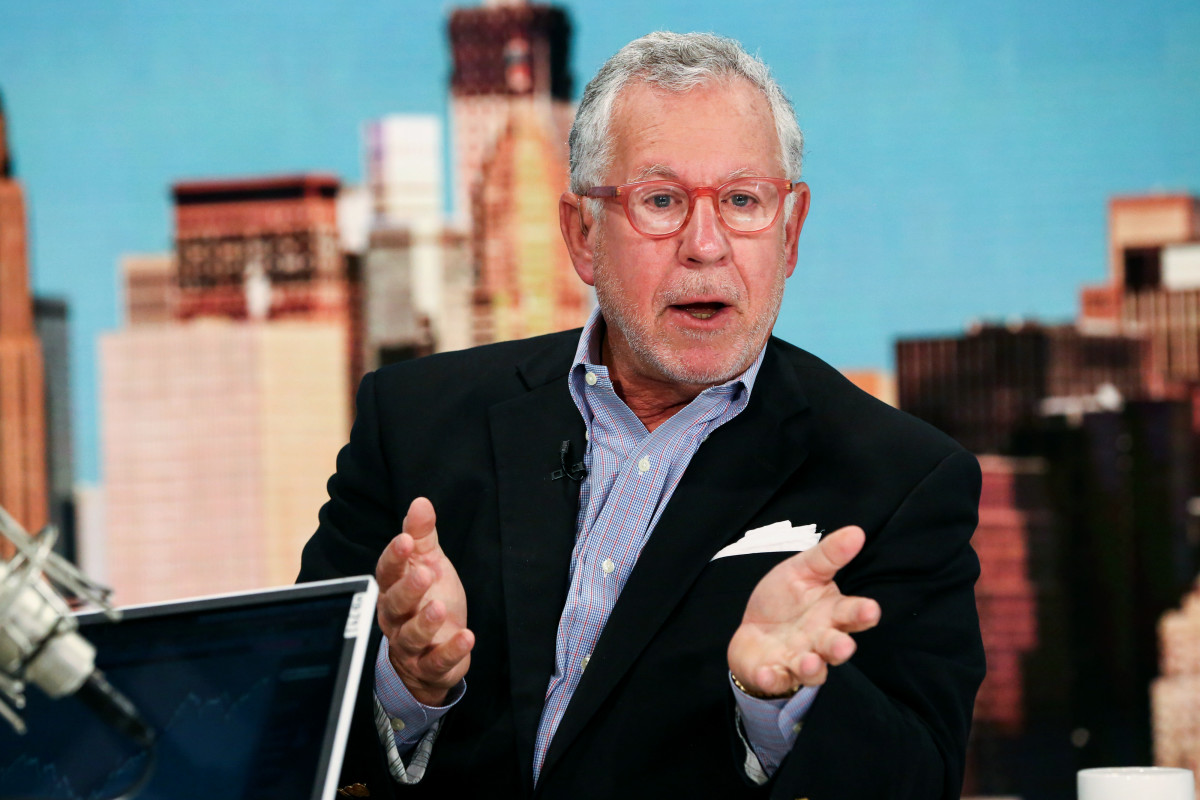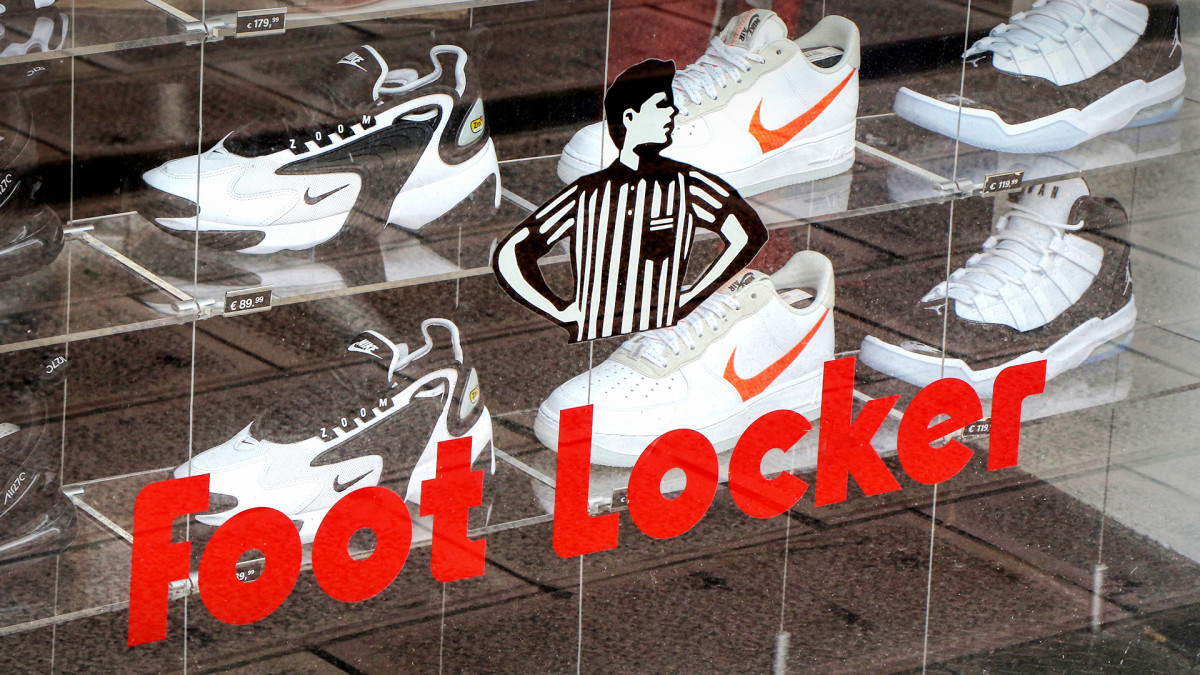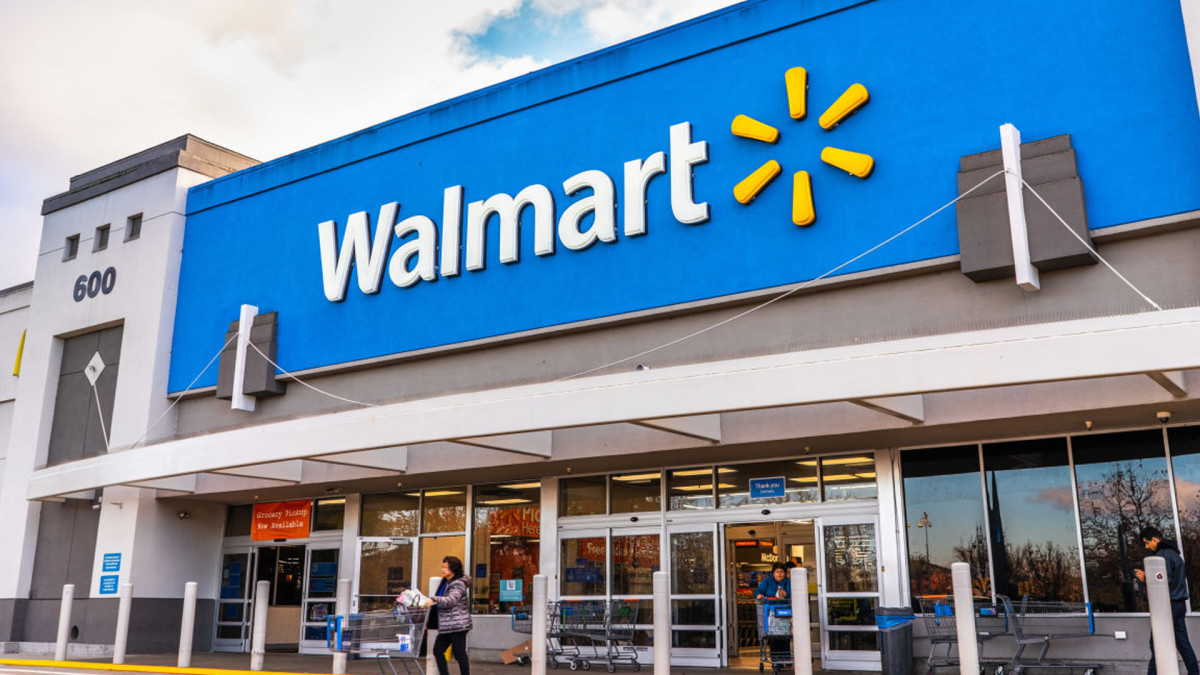Another national park makes payment change some don't like
'Entrance fees and campground fees are important sources of revenue.'
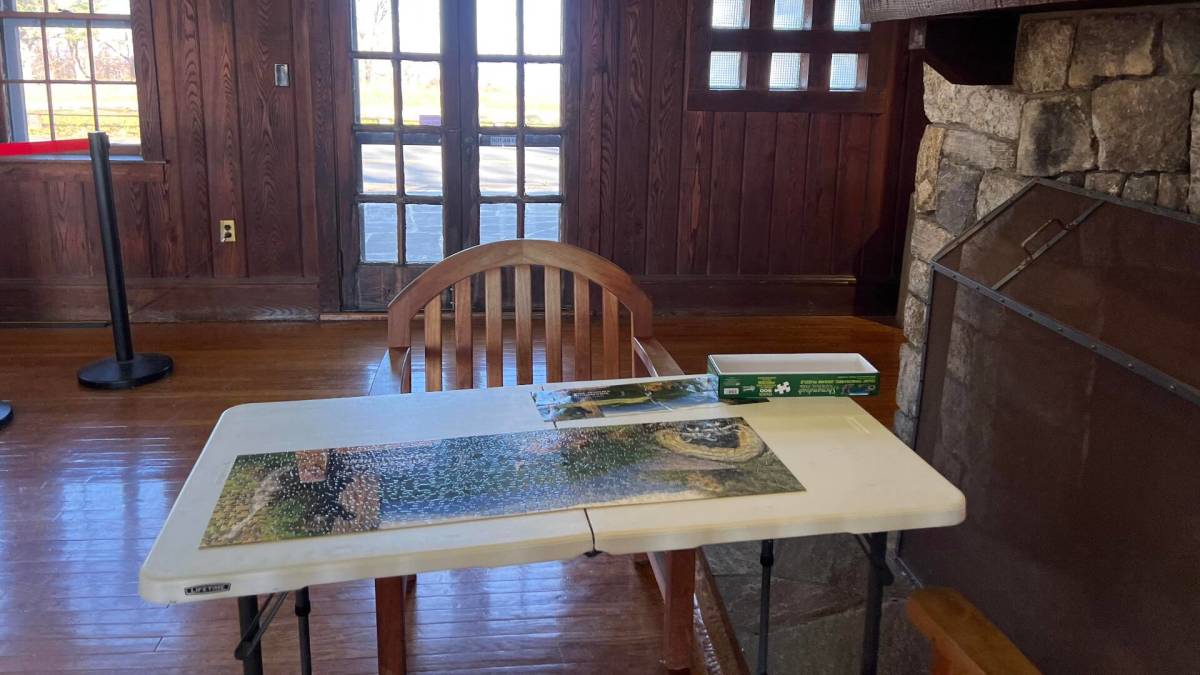
While many have childhood memories of driving up to the gate of a national park and leaning out the window to hand a worker a bill for the entrance fee, the modern era has brought with it the steady phasing out cash from the national parks system.
Smaller or more remote parks with lower staff numbers have been among the first to transition to an entirely electronic payment system. Great Falls in Virginia, Saguaro in Arizona, and Acadia in Maine are among those that no longer take cash for entrance fees, campground bookings, and other services inside their grounds.
Starting from July 1, the more well-known Shenandoah National Park will join its Virginian counterpart Great Falls in going fully cash-free — visitors will be able to make payment either on-site by debit card, credit card, or mobile wallet, or through the online bookings system ahead of time.
Don't miss the move: SIGN UP for TheStreet's FREE Daily news
Shenandoah 'transitioning to a fully cashless fee system,' NPS says
"Shenandoah National Park will transition to a fully cashless fee system and accept only mobile or electronic payments for entrance and campground fees," the National Parks Service (NPS) said in a statement. "In addition to using electronic forms of payment in the park, visitors can use www.recreation.gov to pay for entrance fees, campground fees, and permitting fees in advance of a park trip."
The change affects only charges paid directly through the NPS — primarily entrance fees, campground reservations, and activity fees — and not at any gift shops, food establishments, or hotels on the park grounds. In those cases, the individual business will continue to set the rules on which forms of payment they accept.
Related: Could a lawsuit against national parks' cash-free policy get thrown out of court?
While the transition to exclusively card and digital methods of payments has only picked up speed since the Covid pandemic, some park visitors have been vocally speaking out against it.
In March 2024, three parkgoers from different parts of the country filed a lawsuit accusing the NPS of discrimination by drawing upon an old U.S. law stating that "coins and currency [...] are legal tender for all debts, public charges, taxes, and dues." Image source: Veronika Bondarenko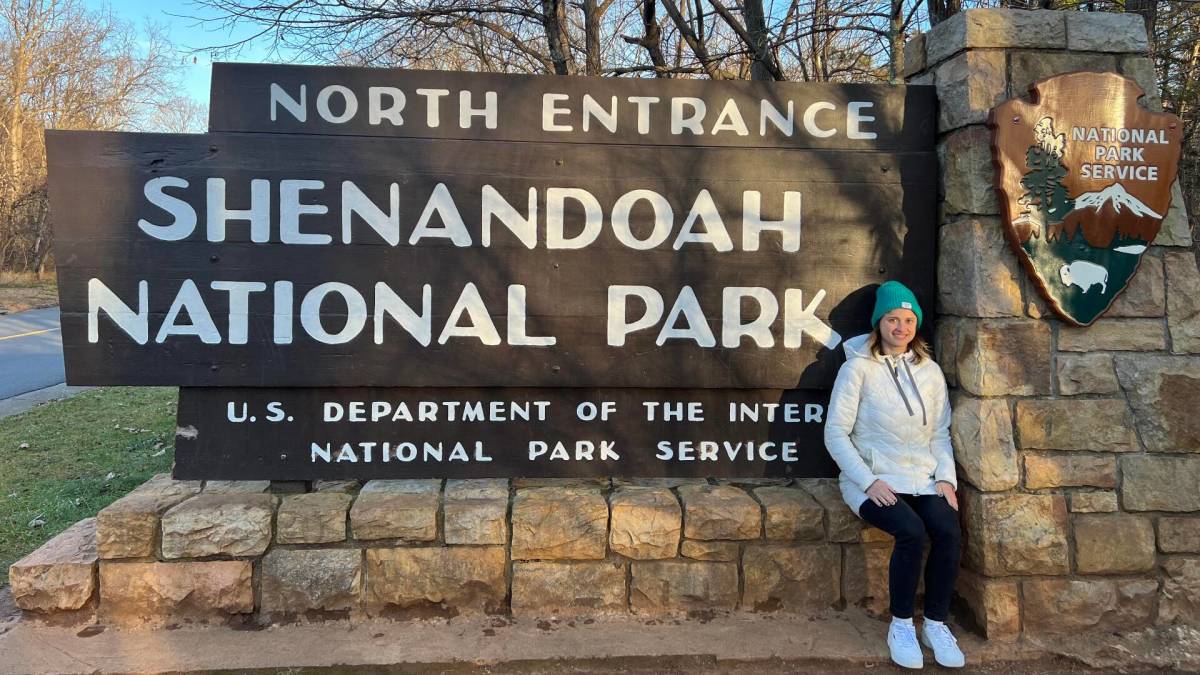
As cashless transition rolls out, not all are taking it
While the original complaint was thrown out of court by U.S. District Judge Timothy J. Kelly, the plaintiffs made another effort to revive it in spring 2025.
The NPS and the Department of Justice have repeatedly sought to dismiss the lawsuit by arguing that the plaintiffs could not prove actual injury by the change and were calling it discrimination "based only on principle" or the idea that someone without a bank card could be left out of visiting.
More on national parks:
- Now is the time to apply for permits for popular national park activity
- Multiple national parks warn of similar danger
- One of the biggest crimes committed in a national park is solved
In some parks that have technically gone cash-free, visitors who truly cannot pay by bank card can go to several third-party vendors in the area to make the payment and then return to the park with a receipt.
"Cash sales represent less than 5% of in-person sales in the park," the NPS said of the decision to go cash-free in Acadia. "During peak season, Acadia's rangers spend up to eight-and-a-half hours per day documenting, reporting, and transferring cash receipts."
Related: Veteran fund manager issues dire S&P 500 warning for 2025





